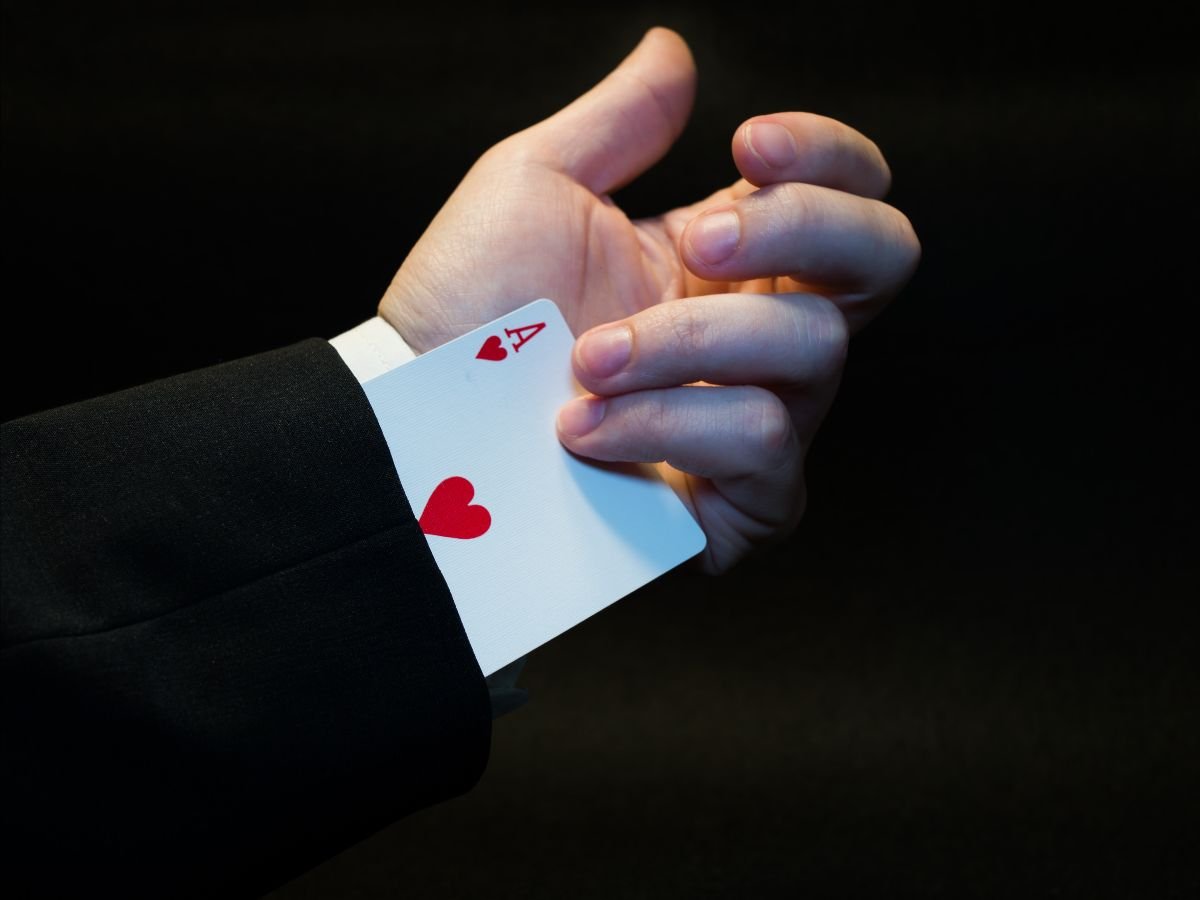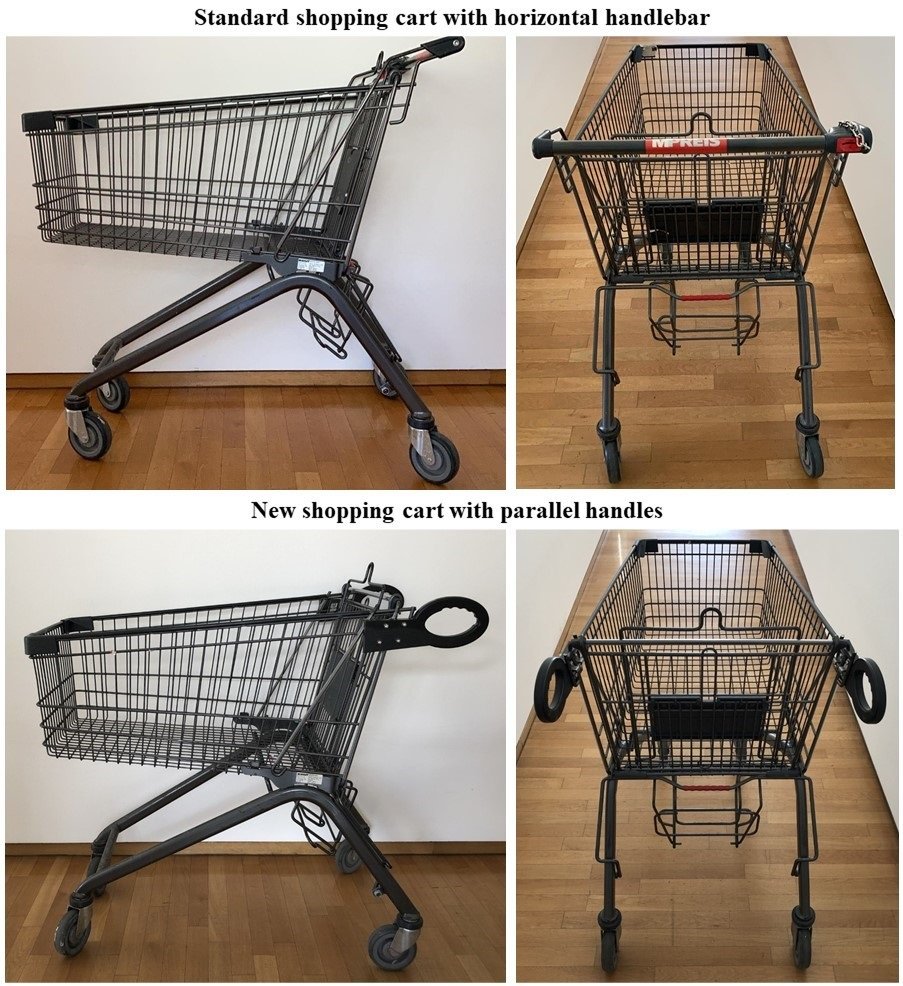🧠 The Psychology of Thanking, Trolleys, Food and Christmas spirit
First off, we look at how the colour of food presentation can change how it tastes.
And whether you can predict whether someone will cheat at a game (or anything else).
There's the psychology of saying thank you and a trolley that can make you spend up to 25% more in store.
Then finally we see if you can neurologically detect the Christmas Spirit.
And don't forget we're here to help. From improving your marketing with psychology and data to making your communications more persuasive. Tell us what you're trying to do and we'll show you how we can help.
Every so often we use our Monkey Business newsletter to share useful nuggets, opinions, and findings as food for thought. Sign up here.
What colour food do you like?
An odd question? Maybe not.
This study looked at how the colour - particularly the colour of the bowl or plate - has a signficant impact on our expectations and experience.
“Salty popcorn was perceived significantly sweeter when served in a red bowl, while sweet popcorn was perceived significantly saltier when served in a blue bowl.
“This effect is believed to be due to specific colour flavour associations where certain colours such as red and blue have been shown to reliably associate with the basic tastes of sweet and salty respectively".
The study suggests that these “small sensory changes” can actually help “Picky Eaters” (nearly 1 in 5 people according to some research) widen their eating repertoire.
Very useful for businesses that deal in flavours.
Perhaps even for getting people to eat Brussel Sprouts, too.
Photo created by AI using https://labs.openai.com/
Can you tell in advance whether someone is more likely to cheat?
A new study suggests that perhaps you can.
Researchers at Arizona State University measured “state-level” cheating in the US. They used Google data from March 2021 to March 2022.
To do this, they looked at people who had searched for “wordle answer,” “today wordle,” and “wordle word today.”
In other words, people who had tried to cheat at Wordle by looking up the answer.
The researchers wanted to see if there were any psychological factors that could be associated with a lack of Wordle honesty.
They discovered that “religious states tended to cheat less, as did states with “tighter” cultures (or stricter norms)”.
Although this is a “light” example, it does illustrate neatly how deep psychological insights can be gleaned from apparently unrelated data.
If you’d like more details on these techniques, you might enjoy our webinar on the subject
And do let us know if it helps you catch Uncle Henry cheating at Monopoly.
Photo by Vitezslav Vylicil
Why do we say thank you?
What makes us say thank you to others? What makes us NOT thank others?
In this study, Debra Lieberman, at the University of Miami College of Arts and Sciences explores what happens, psychologically, when we thank. And when we don’t.
“Gratitude is activated when you detect that someone is delivering a benefit that exceeds your expectation,” she explains.
Her team then built a psychological model of how individuals - based on their expectations and beliefs around their talent and prestige “are prone to this universal emotion”.
It’s all relative to a “baseline level”.
For example, “you typically hold high expectations for how much family value you and so it is harder for them to exceed those expectations and trigger gratitude”.
Whereas “if you have gone out of your way to get me a desirable vanilla latte, then my sense of gratitude will increase”.
But, “If you’re the type of person that believes you should be valued, for example, if you’re high status, formidable, attractive, have a high opinion of yourself, then it’s going to be really hard for anyone to exceed your expectations and you’re going to walk around probably a pretty angry person,”
And no one would thank you for that at Christmas.
Photo by Gratisography
How a trolley can make you spend over 25% more.
Researchers from Bayes Business School replaced the horizontal handle with parallel handles and in a test of 2,300 shoppers, saw those with the new handles spend consistently more.
Why?
Regular trolley handles use mostly the triceps. Muscles usually for pushing away. So associated with rejection in the brain.
Whereas the new handles activate the biceps. Muscles that pull things towards us or hold things close. A positive association.
The adapted handles showed an average spend of £29 rather than the control £22.
Photo by Bayes Business School
Christmas Spirit identified in the brain
And let’s end with a nice bit of Seasonal Science.
In 2015, scientists in Denmark set out to “detect and localise the Christmas spirit in the human brain”
They compared brain scans of those who “routinely celebrate Christmas” with those who had “no Christmas traditions”.
Specific areas of brain activation were found in those who “celebrate Christmas with positive associations compared with scans in a group having no Christmas traditions and neutral associations”.
Anders Hougaard et al. BMJ 2015;351:bmj.h6266
“These cerebral areas have been associated with spirituality, somatic senses, and recognition of facial emotion among many other functions".
The researchers did warn that “although merry and intriguing, these findings should be interpreted with caution.
But you can still believe, if you want to.
Photo by cottonbro
As ever, if there's anything we can help with, do get in touch.
James, Patrick and Dan
We practically apply the science of the human mind for hard, commercial results
Please feel free to share.
Sign up for your own MONKEY BUSINESS by clicking here







